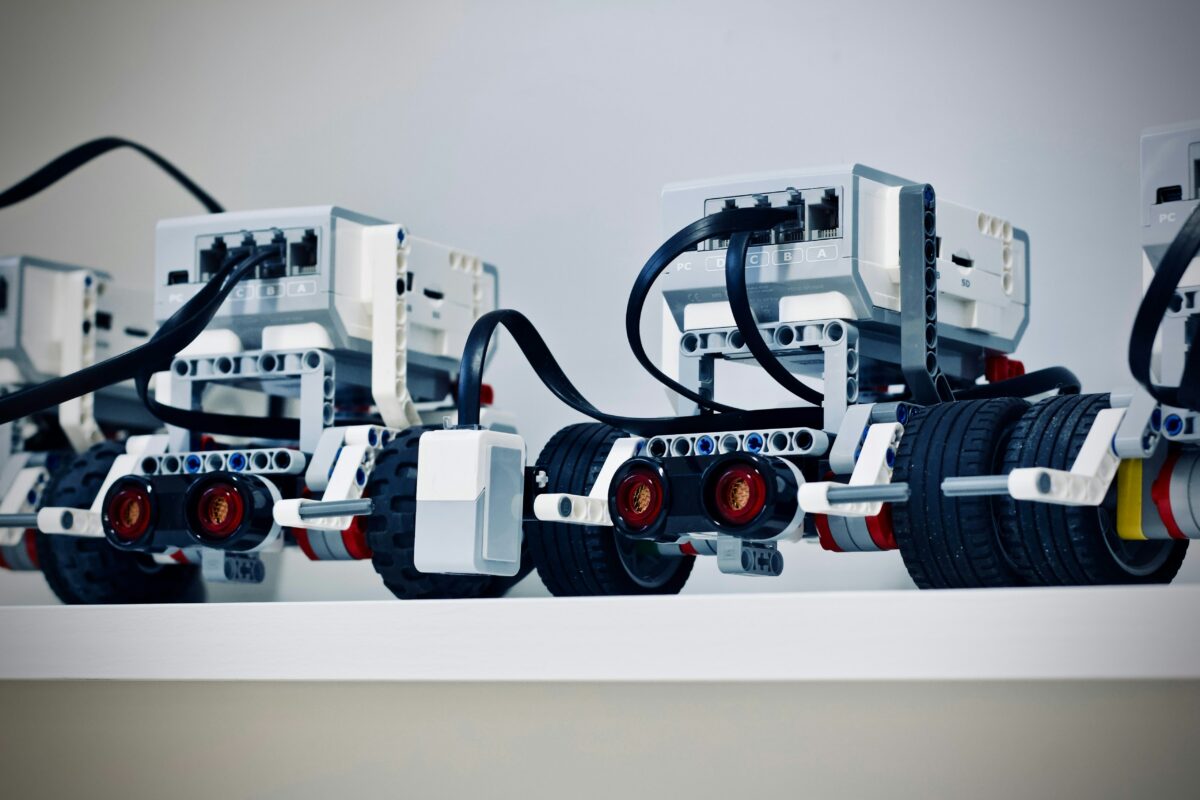In a world where artificial intelligence and automation are rapidly transforming every industry, trade schools are evolving just as fast. One of the most exciting developments? The integration of robotics and mechatronics programs—hands-on training that blends mechanical systems, electronics, and smart automation to prepare students for a new kind of workforce. And the impact is game-changing.
What Are Robotics and Mechatronics?
Robotics is more than just building machines—it’s the study of automated systems that can think, learn, and interact with their environment. Mechatronics, on the other hand, is an interdisciplinary field combining mechanics, electronics, computer science, and control engineering.
Together, they form the backbone of modern automation across industries like:
- Advanced manufacturing
- Logistics and warehousing
- Aerospace
- Automotive and electric vehicles
- Medical device manufacturing
Why Are Robotics and Mechatronics Rising in Trade Schools?
The demand for robotics and mechatronics programs in trade schools isn’t happening by accident—it’s the result of major shifts in the economy, technology, and labor market. Here’s a closer look at what’s fueling this rapid growth:
1. Industry 4.0 and Smart Manufacturing
We’re in the middle of the Fourth Industrial Revolution, also known as Industry 4.0. Factories, warehouses, and even hospitals are shifting to automated, data-driven systems that rely on robotics, sensors, and intelligent machines. These systems need technicians—not just engineers—who understand how to:
- Operate robotic arms and control systems
- Install and troubleshoot mechatronic equipment
- Integrate software with mechanical hardware
Trade schools are adapting quickly to prepare students for these roles, offering real-world training that employers are hungry for.
2. The Skilled Labor Gap
As older generations of skilled trade workers retire, there’s a massive talent gap, especially in automation-related fields. Employers are seeking a new kind of technician—someone who can handle both traditional mechanical tasks and newer digital/automated processes.
Mechatronics is the perfect bridge between old-school mechanical work and modern tech-driven environments.
3. Explosive Growth in Robotics Across Industries
Robotics isn’t just for factories anymore. It’s showing up in:
- Warehousing and logistics (think Amazon robots)
- Automotive repair (self-diagnosing vehicles)
- Healthcare (robot-assisted surgery and pharmacy automation)
- Construction (drones, robotic bricklayers, automated surveying)
As these tools become more mainstream, the demand for technicians who can build, program, and repair them is surging—and trade schools are stepping up to meet that demand.
4. Fast, Flexible Education for In-Demand Jobs
One of the biggest reasons for the rise of robotics and mechatronics in trade schools is that students want faster, more affordable pathways to good-paying jobs. Trade schools offer:
- Short-term programs (6–24 months)
- Stackable certifications
- Hands-on, project-based learning
- Direct connections to local employers
This model works especially well for people looking to upskill, switch careers, or avoid student debt.
5. Partnerships Between Trade Schools and Employers
Many robotics and automation programs are created in collaboration with industry leaders like FANUC, Rockwell Automation, or Siemens. This ensures students are learning exactly what’s needed on the job—often using the same equipment and tools they’ll see in the field.
Employers benefit, and so do students. It’s a win-win that’s accelerating the rollout of robotics/mechatronics programs nationwide.
AlternativesToCollege.com: A Gateway to the Future of Trades
For students and career changers who want to skip the traditional 4-year degree path, AlternativesToCollege.com offers a curated list of high-quality, short-term training programs—including those specializing in robotics and mechatronics.
Here are just a few standout schools listed on the platform:
Mech-Tech College (Puerto Rico)
Offers comprehensive programs in Mechatronics Engineering Technology. Students learn electrical systems, robotic automation, and how to integrate smart systems into real-world machinery.
Mitchell Technical College (South Dakota)
Their Automation Controls/SCADA and Electrical Construction & Maintenance programs prepare students for work in industrial robotics, smart buildings, and automated manufacturing.
MIAT College of Technology (Texas and Michigan)
Known for its Robotics and Automation Technician training, MIAT focuses on real-world skills in programmable logic, robotics system integration, and preventive maintenance of high-tech systems.
Pima Community College (Arizona)
Pima offers stackable credentials in Automation and Industrial Technology, with pathways in robotics, electronics, and manufacturing technology.
Why This Matters for the Industry
The integration of robotics and mechatronics in trade schools is helping bridge the skilled labor gap while supporting the shift toward Industry 4.0—a smarter, more connected way of manufacturing and production.
Employers win by:
- Hiring tech-savvy, job-ready candidates
- Reducing downtime and improving system efficiency
- Innovating faster with workers who understand new technologies
Students win by:
- Launching careers in high-demand fields
- Earning higher wages with specialized technical skills
- Avoiding long, expensive college routes
Final Thoughts: This Is the Future
The evolution of robotics and mechatronics training in trade schools isn’t just a trend—it’s a revolution. As industries embrace automation, the need for skilled workers who can build, maintain, and program these systems is skyrocketing.
Whether you’re a student, a parent, or a career-changer, now is the time to explore options outside traditional college. Visit AlternativesToCollege.com to discover training programs that get you career-ready—fast.
Because the future of skilled trades isn’t just mechanical. It’s intelligent.

